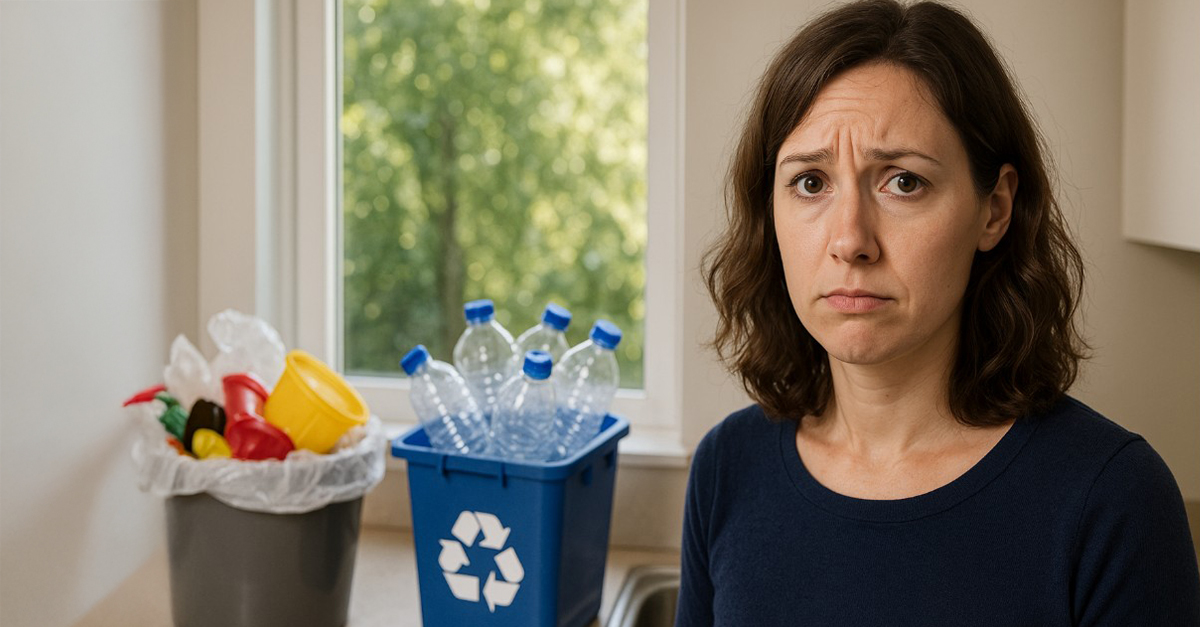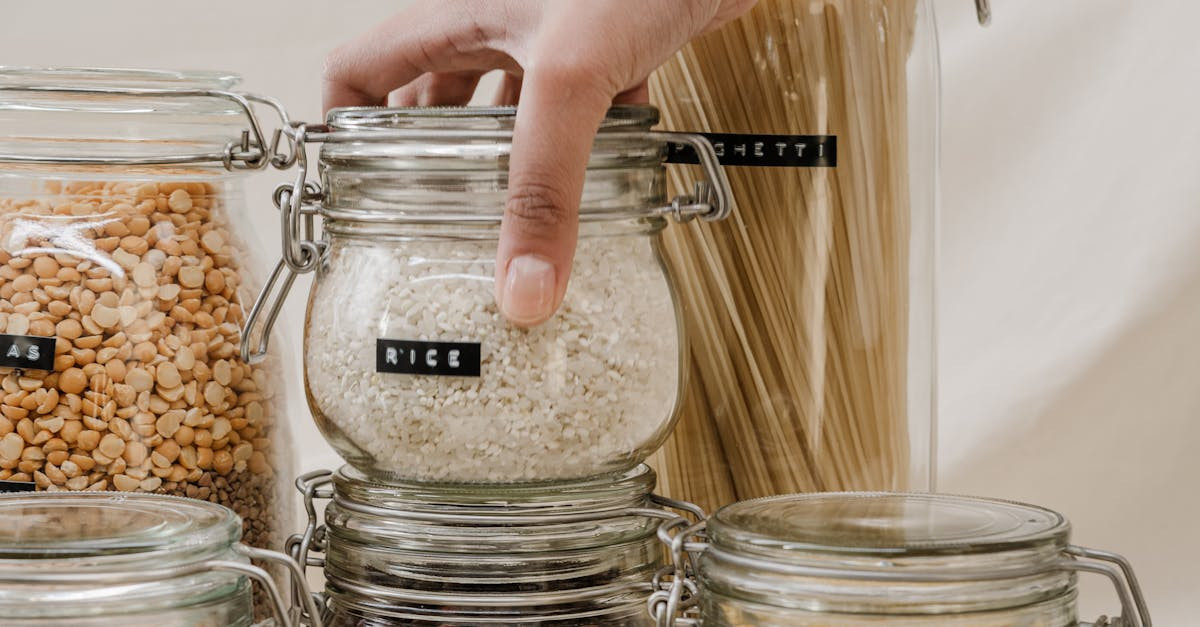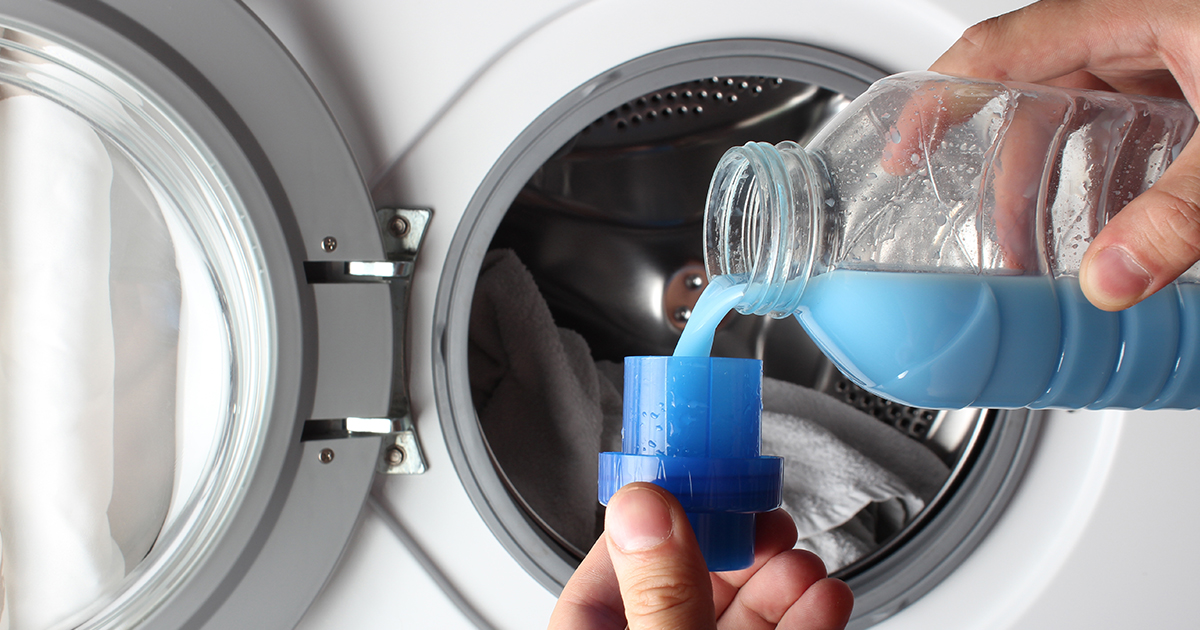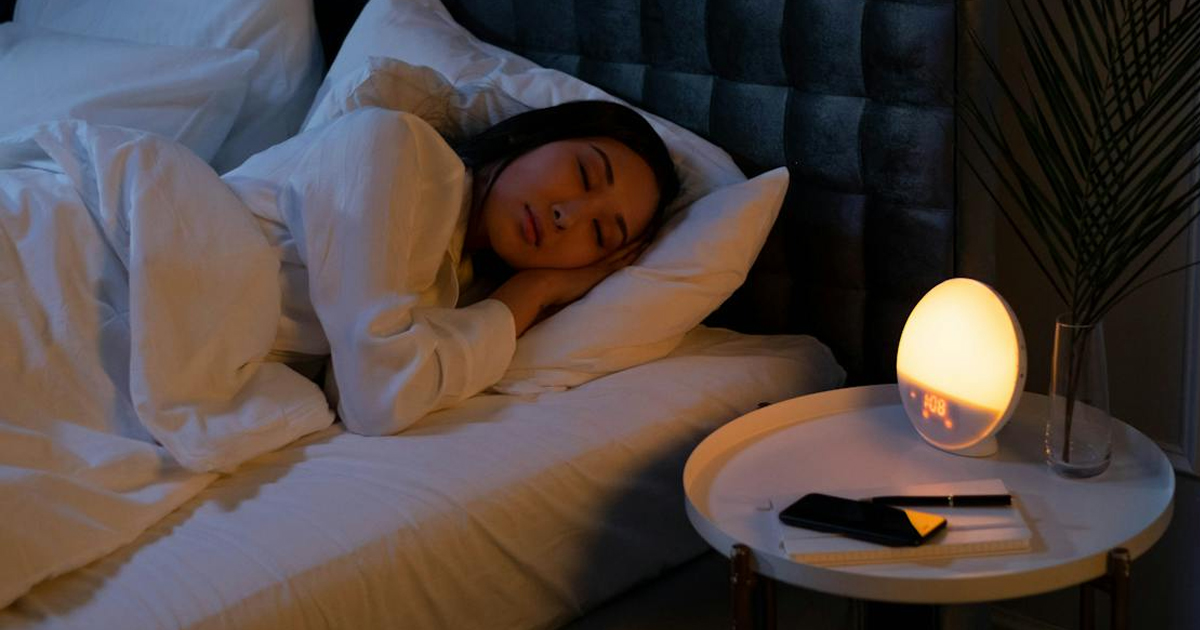Plastics are all around us, in packaging, clothing, electronics, and even the air we breathe. Plastics are convenient and cheap; the problem is, microplastics are now appearing in human blood, organs, and even placentas. Now that the situation is dawning on people, they’re getting concerned about its effect on our health and environment. Fortunately, there are steps you can take to reduce plastic use and safeguard your wellness in the process.
Microplastics Showing Up In Human Tissues
Microplastics are teensy plastic particles, invisible to the naked eye, that result from the breakdown of regular plastic. Recent studies have detected microplastics in human blood, lungs, and fecal samples. In 2022, Dutch researchers reported plastic particles in nearly 80% of the blood samples they tested, raising concern about its ability to travel through the bloodstream and build up in our organs.
Microplastic Exposure: How Real Is The Risk?
Microplastics are known to carry toxic chemicals like BPA, phthalates, and flame retardants. These compounds interfere with hormone function, cause inflammation, and potentially increase the risk of cancer. Studies on animals show microplastics can damage the liver, kidneys, and gut lining. As plastics linger in the human body, the long-term outcome could be far worse than we currently have the ability to comprehend.
Impact On Food And Water
Plastics take centuries to break down, polluting soil, rivers, and oceans as they go. Microplastics have shown up in bottled water, tap water, seafood, salt, and even vegetables. Fish, birds, and mammals often consume plastic waste, thinking that it’s food. This problem goes through the entire food chain. In the end, the plastic finds its way back to us through our own food and water.
Less Plastic For Better Respiratory Health
Microplastics are now a concern, especially when floating around indoors where synthetic fibers and packaging materials are found. Once these particles are inhaled, they get lodged in the lungs and you can start developing breathing issues. Cutting back on indoor plastic use—like synthetic carpets, plastic curtains, and disposable containers will improve air quality in your home and reduce the risk of inhalation.
Simple Ways To Cut Back
Switching to reusable alternatives is the most basic first step. Use glass, stainless steel, or bamboo instead of plastic containers. Carry reusable water bottles and shopping bags. Choose bar soap over body wash in a plastic bottle. Avoid produce wrapped in plastic and try to buy in bulk whenever possible. Just these small changes alone will dramatically cut your household plastic footprint.
Beware Of Plastic In Food Packaging
Plastics in food packaging can shed chemicals when exposed to heat, oil, or acidic foods. Ugh! Avoid microwaving food in plastic containers. Also avoid plastic wrap and disposable plastic utensils. Go for products in glass or metal containers and put your leftovers in ceramic or glass containers instead. These alternatives will reduce exposure to plastic and are far more durable and economical in the long run.
Support Change
Your individual habits make a difference, but real change won’t happen without a major systemic overhaul. Support legislation that limits single-use plastics, encourages corporate accountability, and invests in biodegradable materials. Keep yourself up to date about local recycling guidelines. If you can, choose products where manufacturers manage, or are forced to manage, the end-life of their products.
Use Natural Fibers And Materials
Clothing made of synthetic materials like polyester sheds microfibers during washing, much of which just ends up in rivers and lakes. Choose natural fibers like cotton, hemp, and wool, and use a microfiber-catching laundry bag or filter. The same principle goes for all your household items. Wood, glass, and metal adds longevity and has a better overall feel and appearance. Nobody prefers the feel and look of plastic over wood, glass, or metal.
A Healthy Body, A Healthy Planet
Reducing plastic is an environmental issue, and increasingly, a public health one. By cutting back on plastic use, you lower your risk of ingesting harmful chemicals and contributing to global pollution. You might not think it makes a difference, but small changes by many can be the driving force to protect your health, future generations, and keep Planet Earth from turning into a plastic wasteland.
You May Also Like:
Why Using An SPF Lotion Is Crucial Now More Than Ever
The Gut-Brain Connection: Why Healthy Digestion Is Important











